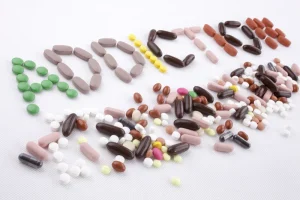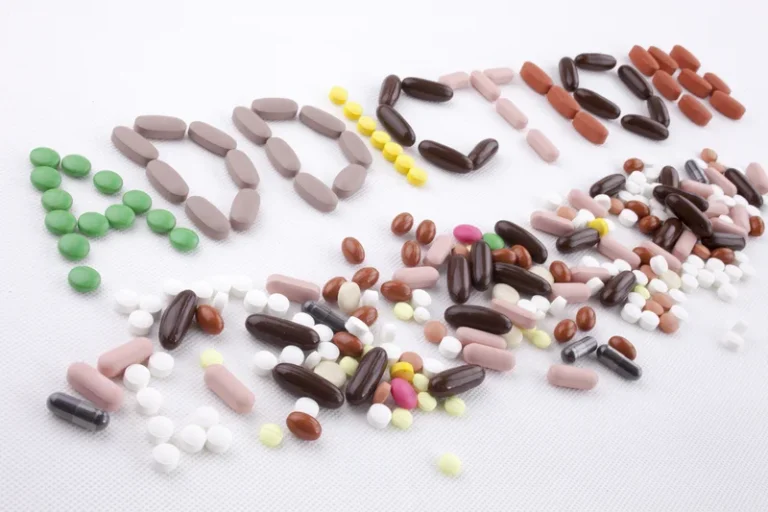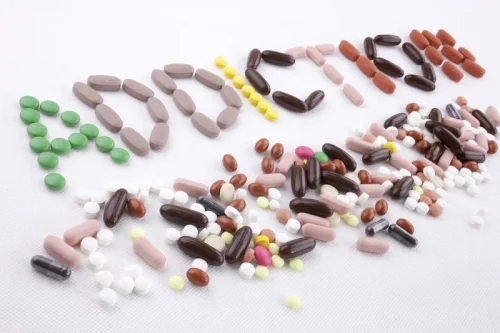
However, researchers do not agree on how alcohol interferes with REM sleep. Research from 2020 states that alcohol reduces sleep quality, and while it may not significantly reduce REM sleep, there is dysregulation. Alcohol may also result in suppressed REM sleep in the short term. Have you ever woken yourself up snoring after an evening cocktail or two? That’s because alcohol and sleep apnea often go hand-in-hand—even in people who don’t otherwise have the condition. Nearly half of adults over age 65 report having consumed alcohol in the past year, according to NCOA guest author and alcohol use researcher Paul Sacco.
- Plus, alcoholic drinks mixed with caffeine or high in sugar can also adversely affect sleep.
- If your evening routine typically involves alcohol, replace it with other relaxing activities.
- People’s tolerance to alcohol as a sleep aid rapidly increases, leading to insomnia and alcohol dependence.
- Discover enjoyable non-alcoholic beverages you can drink in situations where you might typically consume alcohol.
- Chronic or heavy alcohol consumption can worsen these effects and contribute to long-term health problems.
Limit daytime naps

Dehydration is what gives you a headache when you get home (not to mention the next day); makes you feel dizzy, hot, and uncomfortable; and causes you to toss and turn all night long. Basically, pretend that you’ll be trying to sleep in a loud, well-lit factory that night and prepare accordingly. Besides just waking you up a lot, alcohol can disrupt your normal sleep patterns enough to create some longer-term issues you may need to address. Poor sleep quality impairs your body’s ability to regulate body temperature.
How To Make Dry January Stick

The topic of alcohol and sleep is of special interest to researchers lately, with nearly 600 studies2 published on it so far this year. However, the vast majority of this research is on people who are heavy drinkers or have alcohol use disorder. As research consistently shows, however, the opposite is actually true.
What are some alternative ways to unwind in the evening without alcohol?
Just keep in mind that alcohol affects everyone differently. If you’re planning on heading out for a night that will involve some drinks, there are some things you can do to help you sleep afterward. If you’re having trouble falling or staying asleep often, see your healthcare provider. They can rule out any underlying cause for your insomnia and recommend the best treatment for you. They found that alcohol boosts extracellular levels of adenosine, which in turn induces sleep by blocking the wake-promoting cells of the basal forebrain. If you’re sober enough to comprehend what’s going on, these before-bed tips will give you the best chance of safely sleeping through the night.
Adult health

People who go to bed with alcohol in their system may be more likely to wake early in the morning and not be able to fall back to sleep, another consequence of the rebound effect. People with alcohol in their systems are also generally harder to wake, which means that they’re less likely to experience “arousals” that help them recover from OSA- and CSA-related pauses in breathing. Answer three questions to understand if it’s a concern you should worry about. Dr. Singh is the Medical Director of the Indiana Sleep Center.
- One study shows that this is the reasonabout 10%of people drink alcohol.
- RISE can tell you when to do 20+ sleep hygiene habits at the time that makes them the most effective for you.
- As a central nervous system (CNS) depressant, alcohol has a sedative effect that may cause you to fall asleep more quickly than usual.
- Does this mean you need to abstain from drinking altogether?
- The level of adenosine outside of cells goes up during prolonged periods of wakefulness and goes down again during sleep.
- And the negative effects of interrupted sleep can add up over time, leading to other unwanted health concerns including chronic pain.
- Your brain spends more time in this stage of sleep than in other stages.
- Sure, that nightcap, last glass of wine or beer before bed may help you feel sleepy.
However, the problem with alcohol and sleep often appears as the night progresses. Ultimately, your overall sleep quality will take a hit as the alcohol starts to metabolize and its effects begin to wear off. And when this happens night after night, you’ll find yourself dealing with insomnia. Instead of deep, restful sleep, you’re more likely to find nighttime awakenings, lower sleep quality, and reduced sleep efficiency at the bottom of your glass.
Health Categories to Explore

Maybe you enjoy a glass of beer or wine after dinner, or your weekends include drinking with friends at bars or social events. Because of the damage that alcohol can do to your sleep cycles, sleep problems are common, even if you stop drinking. You may notice some worsened insomnia duringalcohol withdrawal. However, you may continue to have trouble sleepingfor yearsafter you stop drinking. Alcohol is a diuretic, meaning it increases urine production, leading to more frequent bathroom trips throughout the night and fragmented sleep.

Does alcohol cause insomnia or poor sleep?
Low and moderate doses of alcohol tend not to affect REM in the first half of sleep, while high doses of alcohol significantly reduce REM sleep reduction in the first part of sleep. Alcohol before bed has been shown to lead to fragmented sleep and frequent waking. Anyone who’s ever indulged in a drink or two knows that alcohol can make you real sleepy, real does alcohol help you sleep fast.

Leave A Comment